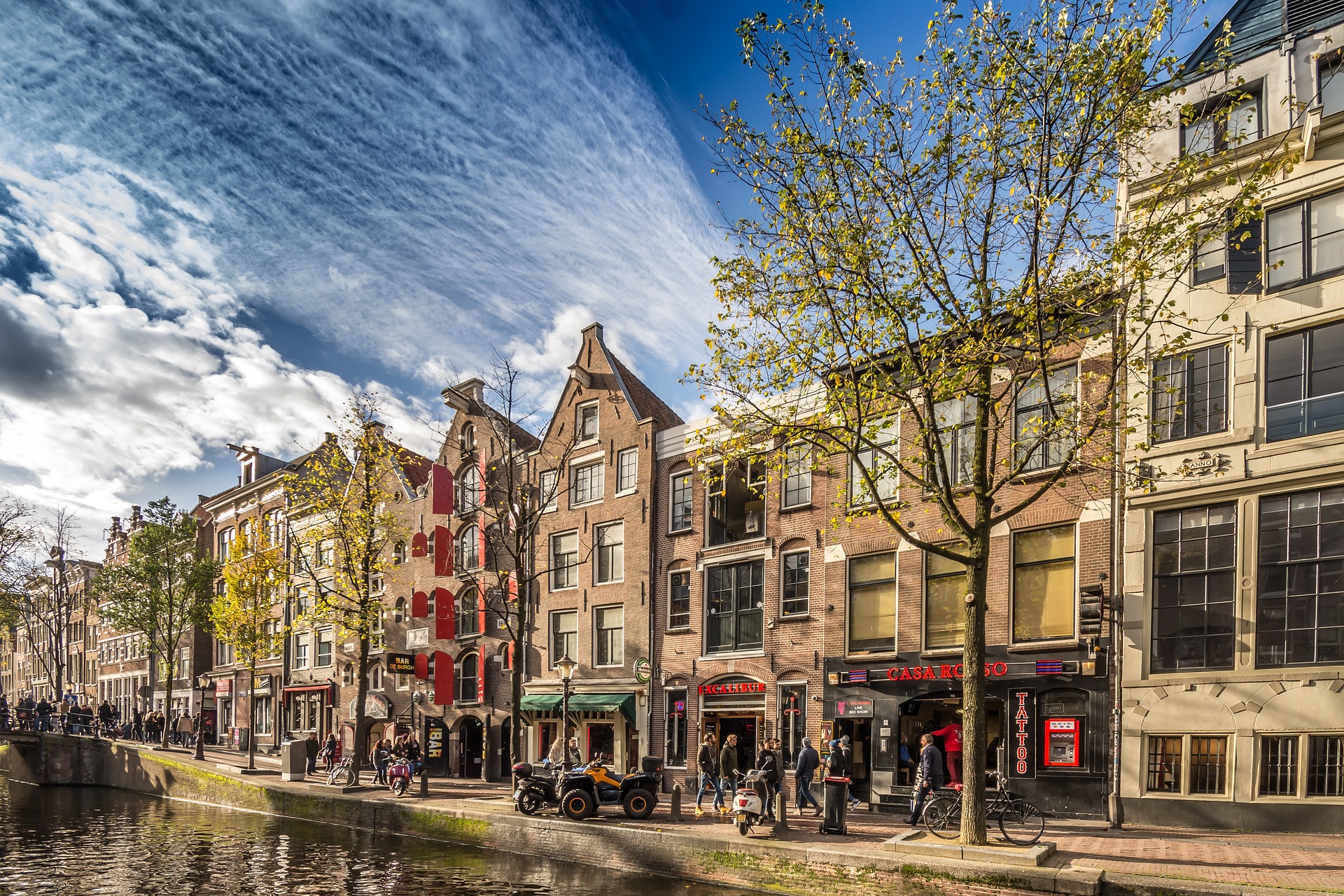The Intriguing Allure of Immersive Travel: An Unconventional Journey Towards Cultural Enlightenment
Immersive travel, a groundbreaking trend transforming the tourism landscape, offers more than a simple holiday. This unique travel style invites visitors to dive deep beneath the surface of their chosen destination, fully experiencing the culture, people, food, and traditions. This article uncovers the historical context, key developments, and practical applications of immersive travel while highlighting its advantages, challenges, and impact on travelers.

Immersive Travel: A Historical Context and Key Developments
Immersive travel, while increasingly popular today, has roots in the ancient world. From medieval pilgrimages to Grand Tours of Europe, travel has always had an immersive element. However, in recent years, the rise of authenticity-seeking millennial travelers and advances in technology have propelled immersive travel to new heights.
Unveiling the Current Travel Trends
Immersive travel is now a dominant trend within the tourism industry. With virtual reality experiences, cooking classes with local chefs, and homestays in traditional villages, today’s travelers are seeking out experiences that allow them to truly live like a local.
Advantages and Challenges
Immersive travel offers numerous advantages, including unique experiences, deeper cultural understanding, and personal growth. However, it’s not without challenges. Language barriers, cultural differences, and the potential for exploitation of local communities are all concerns that travelers must navigate.
Practical Tips for Immersive Travel
-
Learn basic phrases in the local language.
-
Respect local customs and traditions.
-
Choose local businesses over international chains.
-
Consider volunteering or taking part in a cultural exchange program.
The Impact of Immersive Travel
Immersive travel has a ripple effect, impacting not only the traveler but also the local community. By choosing to engage deeply with a culture, travelers can contribute to local economies and foster cross-cultural understanding.
In conclusion, immersive travel is a transformative experience that engenders a deeper connection to the world. It offers a unique blend of adventure and cultural enlightenment, providing travelers with memories and experiences that far outlast a typical vacation. While it presents its share of challenges, the rewards of immersive travel make it a trend worth exploring.




